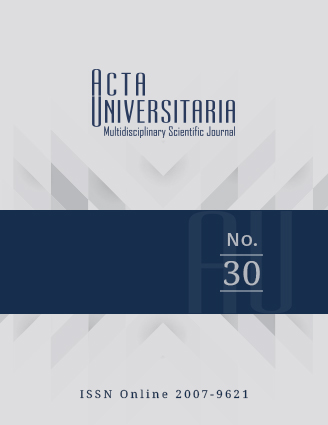Validation of the Negro Comapa bean variety in tropical environments of the state of Veracruz
Published 2020-03-04
How to Cite
Abstract
In the state of Veracruz, the average bean yield is less than 700 kg ha-1, due to the use of low yielding materials that are susceptible to drought and diseases. Improved varieties could help to reverse this situation. For this reason, from 2011 to 2013 the Negro Comapa bean variety was validated in 11 environments in Veracruz, Mexico, in order to verify its productivity and determine its yield stability in comercial plots from 1500 m2 and 2000 m2. In eight environments, plots were conducted in conditions of residual moisture and, in three, under rainfall conditions. To determine the grain yield, in each genotype four samples of 6 m2 each were made. Under residual moisture, Negro Comapa outyielded Negro Jamapa and Negro Michigan by 22% and 39%, respectively, and by 43% and 45% under rainfed conditions. Its average yield was 1261 kg ha-1, significantly higher than the two check varieties. Negro Comapa showed high productivity, disease resistance and high yield response in favorable environments.

